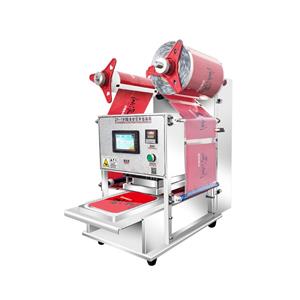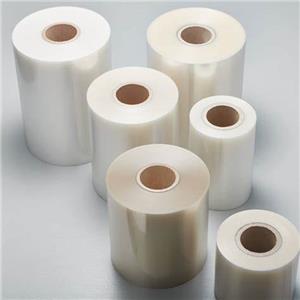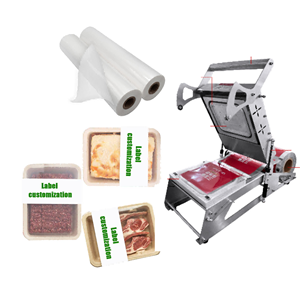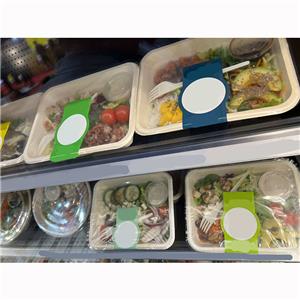Is the OS PS Triangle Box Biodegradable?---Environmentally friendly packaging solutions
As global attention shifts toward environmental sustainability, the need for biodegradable packaging has never been more urgent. Among commonly used packaging formats, the OS PS triangle box—frequently seen in packaging sandwiches, pastries, and grab-and-go snacks—raises important questions. What exactly qualifies as "biodegradable" packaging, and can this specific plastic-based container meet those expectations in a world striving for eco-friendly solutions?
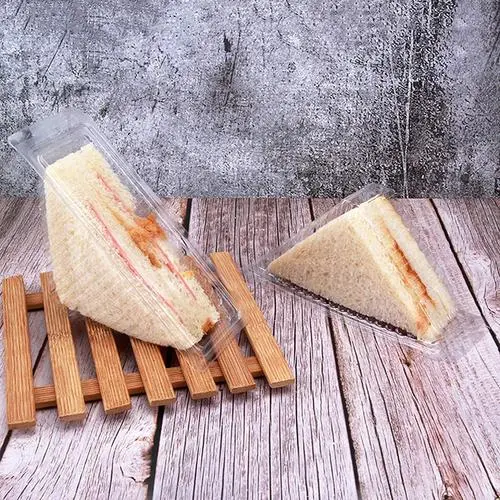
What Does Biodegradable Really Mean?
To determine whether the OS PS triangle box is eco-friendly, it’s important to understand what “biodegradable” truly means. Biodegradable materials are capable of naturally breaking down into harmless substances through microbial activity, without leaving toxic residues behind. However, polystyrene (PS)—the primary material used in most OS PS triangle boxes—is not biodegradable. It can persist in landfills for hundreds of years and often fragments into microplastics, which are harmful to ecosystems and wildlife. This underscores the urgent need for sustainable alternatives that are both functional and environmentally responsible.
The Problem with OS PS Triangle Boxes
OS (Oriented Polystyrene) and PS (Polystyrene) are widely used for food containers due to their lightweight and rigid structure. But despite their convenience, they present major environmental drawbacks:
❌ Not biodegradable or compostable
⚠️ Difficult to recycle in most cities
🧪 Break down into microplastics
🚯 Contribute heavily to long-term pollution
In many regions, polystyrene packaging is being restricted or banned due to these negative impacts.
A Better Alternative: Sugarcane Bagasse Packaging
This is where eco-friendly alternatives like sugarcane bagasse packaging offer a sustainable solution. Bagasse is the fibrous byproduct left after extracting juice from sugarcane—naturally abundant, renewable, and biodegradable. Instead of going to waste, it can be molded into durable, disposable tableware that replaces conventional plastics. Not only does bagasse packaging decompose quickly under composting conditions, but it also supports circular economy practices by turning agricultural residue into high-performance packaging materials.
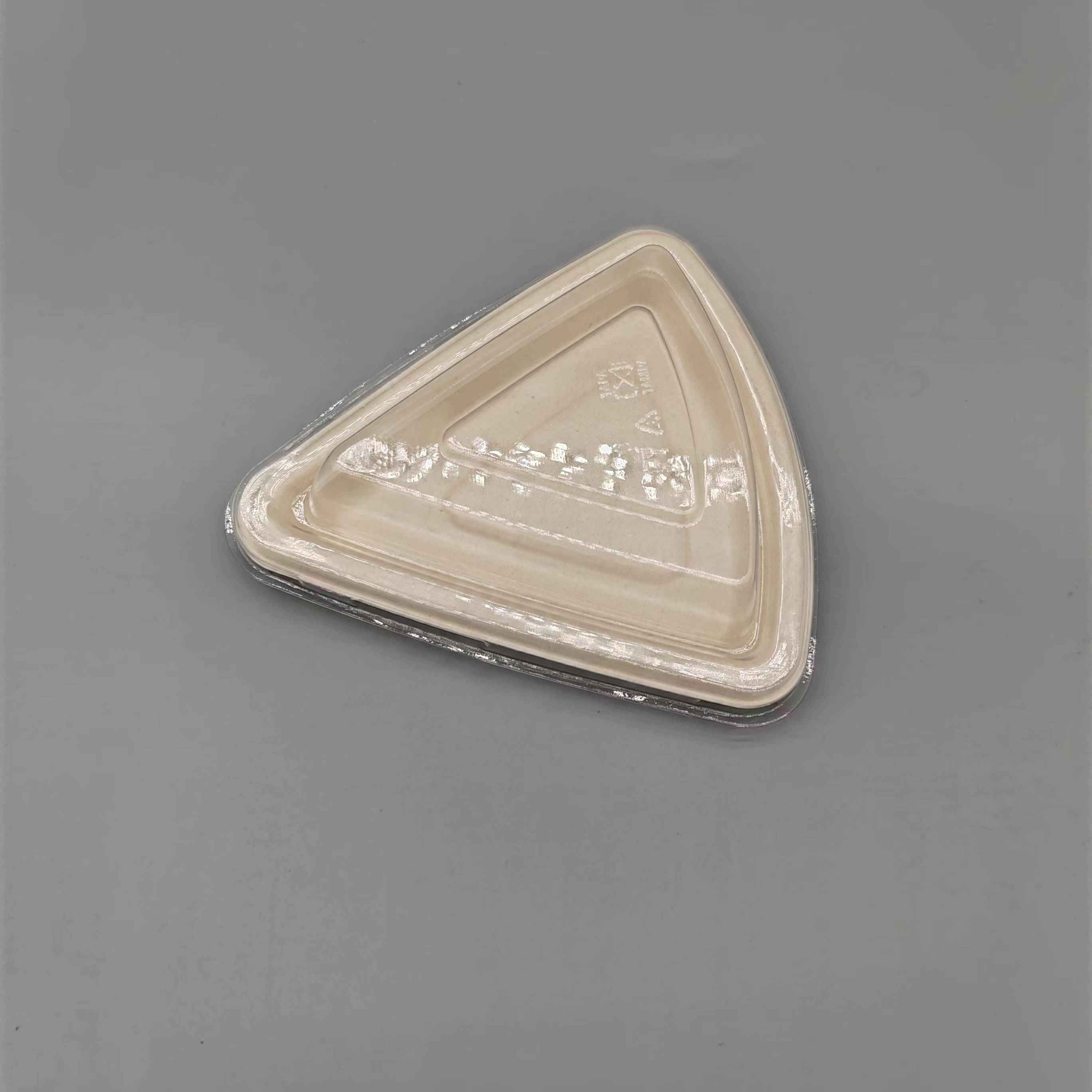
Why Choose Bagasse Tableware?
One of the key benefits of sugarcane bagasse tableware is its natural biodegradability. Unlike polystyrene, which can persist for centuries, bagasse products decompose within months under composting conditions—dramatically reducing landfill waste and long-term pollution.
Additional benefits include:
Heat-resistant & oil-proof — perfect for hot and greasy foods
Durable & versatile — usable for both casual and formal events
Circular economy support — turns waste into value
Eco-conscious appeal — aligns with growing consumer demand for sustainable products
Conclusion
The OS PS triangle box, while widely used, is not biodegradable and contributes to serious environmental concerns. As consumers and businesses look for better options, sugarcane bagasse packaging stands out as a compostable, durable, and planet-friendly alternative.
At [Your Company Name], we offer custom-designed, food-grade bagasse tableware—perfect for replacing single-use plastics while supporting a cleaner future.
✅ Get in touch today for samples, bulk pricing, or tailored sustainable packaging solutions.

